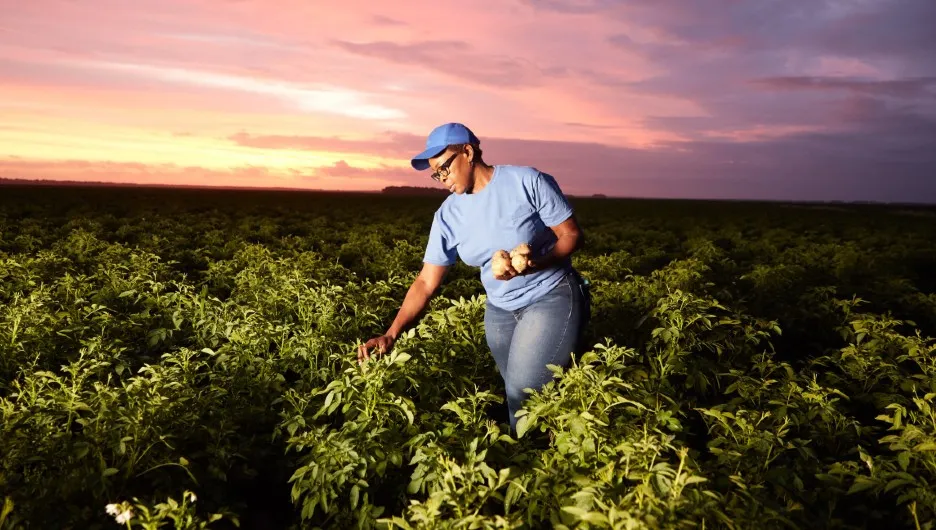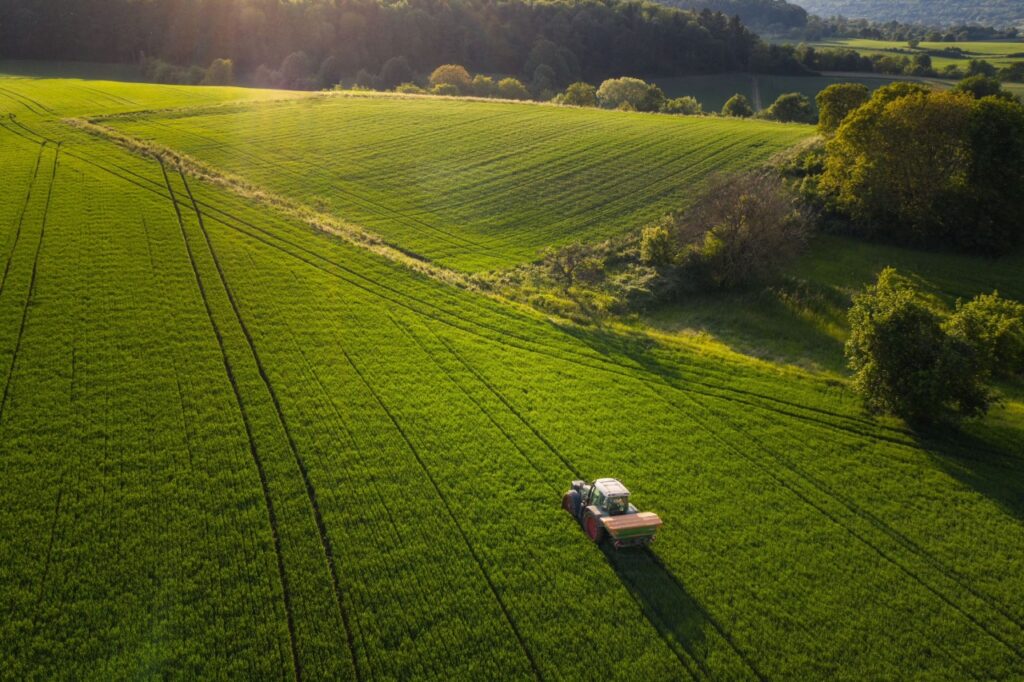In the sun-drenched hills of southern Spain, a quiet revolution is underway. Among groves of ancient olive trees in Jaén, a region steeped in agricultural tradition and known as the heartland of Spanish olive oil, PepsiCo is sowing the seeds of a more sustainable future.
Through its new initiative, VivaOliva, PepsiCo is reimagining how it sources one of the Mediterranean’s most iconic ingredients: olive oil, rich in heart-healthy fats and prized for its flavour and nutritional benefits. But this is more than a story of product sourcing, it’s about empowering farmers, protecting fragile ecosystems, and preserving livelihoods in the face of climate uncertainty.
Jaén is the world’s leading producer of extra virgin olive oil, and PepsiCo relies on this golden resource for products like its popular Alvalle gazpacho. In 2024, 100% of the olive oil used in Alvalle came from local cooperatives in Jaén, a deliberate move that ties PepsiCo’s supply chain directly to the region’s agricultural heritage.
But with rising temperatures, water scarcity, and soil degradation threatening crop yields, the company knew that long-term sustainability would require more than procurement. It demanded partnership.
Enter VivaOliva, an initiative developed by the PepsiCo Foundation with €300,000 (US$337,800) in funding and a clear mission: help 150 smallholder farmers adopt regenerative agricultural practices that both protect the environment and improve incomes.
Unlike conventional agriculture, regenerative farming focuses on healing the land. The techniques promoted by VivaOliva, such as compost fertilisation, cover cropping, and infiltration trenches, aim to restore soil health, increase biodiversity, and improve water retention. Over time, these practices don’t just benefit the environment, they improve farm productivity and reduce input costs.
“True impact begins with local engagement rooted in trust and collaboration,” says Archana Jagannathan, Chief Sustainability Officer for PepsiCo Europe, the Middle East, and Africa. “Through VivaOliva, we work shoulder-to-shoulder with farmers in Jaén, combining traditional knowledge with regenerative agriculture tailored to local conditions.”

Regenerative agriculture is a cornerstone of pep+ (PepsiCo Positive), the company’s broader transformation agenda that embeds sustainability across its business operations. For PepsiCo, this isn’t just a climate initiative, it’s also a supply chain strategy. By helping farmers boost the resilience of their olive groves, the company is ensuring a steady, high-quality supply of a critical ingredient.
It’s a win-win: the environment recovers, farmers gain tools and knowledge for long-term prosperity, and PepsiCo stabilises its ingredient pipeline against future climate shocks.
Beyond the fields, VivaOliva is investing in people. The program offers technical training, mentorship, and financial support to help farmers transition to new practices without risking their livelihoods. Initial goals include reducing fertiliser costs, improving soil fertility, and stabilising income, benefits expected to materialise within just a few growing seasons.
The initiative also aims to revitalize rural communities facing economic hardship and depopulation. By modernizing agriculture and offering career development opportunities, VivaOliva is helping make farming an attractive option for younger generations.
“Through VivaOliva, we’re proud to provide expert guidance and empower small-scale farmers with tools to thrive,” says Andrea Pont Capell, Director of the PepsiCo Foundation in Europe. “Our goal is to help build stronger, more resilient agricultural communities and support the next generation of food system leaders.”
Though it begins in Jaén, VivaOliva is designed to scale. As PepsiCo’s demand for climate-smart ingredients grows, so does the opportunity to expand the model to other regions facing similar ecological and economic pressures. Implementation partners like The Earthworm Foundation, The Sustainable Smallholder (TSS), and The Regen Academy lend deep expertise in ethical sourcing and regenerative agriculture.
Together, they are building a blueprint for how global food companies can align profit with purpose, supporting farmers while strengthening the foundations of sustainable supply chains.
As global food systems come under mounting pressure, PepsiCo’s initiative in Jaén offers a hopeful example of what’s possible when corporate ambition meets grassroots action. With VivaOliva, olive oil is no longer just a pantry staple, it’s a symbol of resilience, regeneration, and renewal.
For the farmers of Jaén, it’s a lifeline. For PepsiCo, it’s a long-term investment in sustainability. And for the planet, it’s a step in the right direction.



